We're Ready to Help Exterminate All Types of Pests!
Trust the Best, Greenville Pest Control!
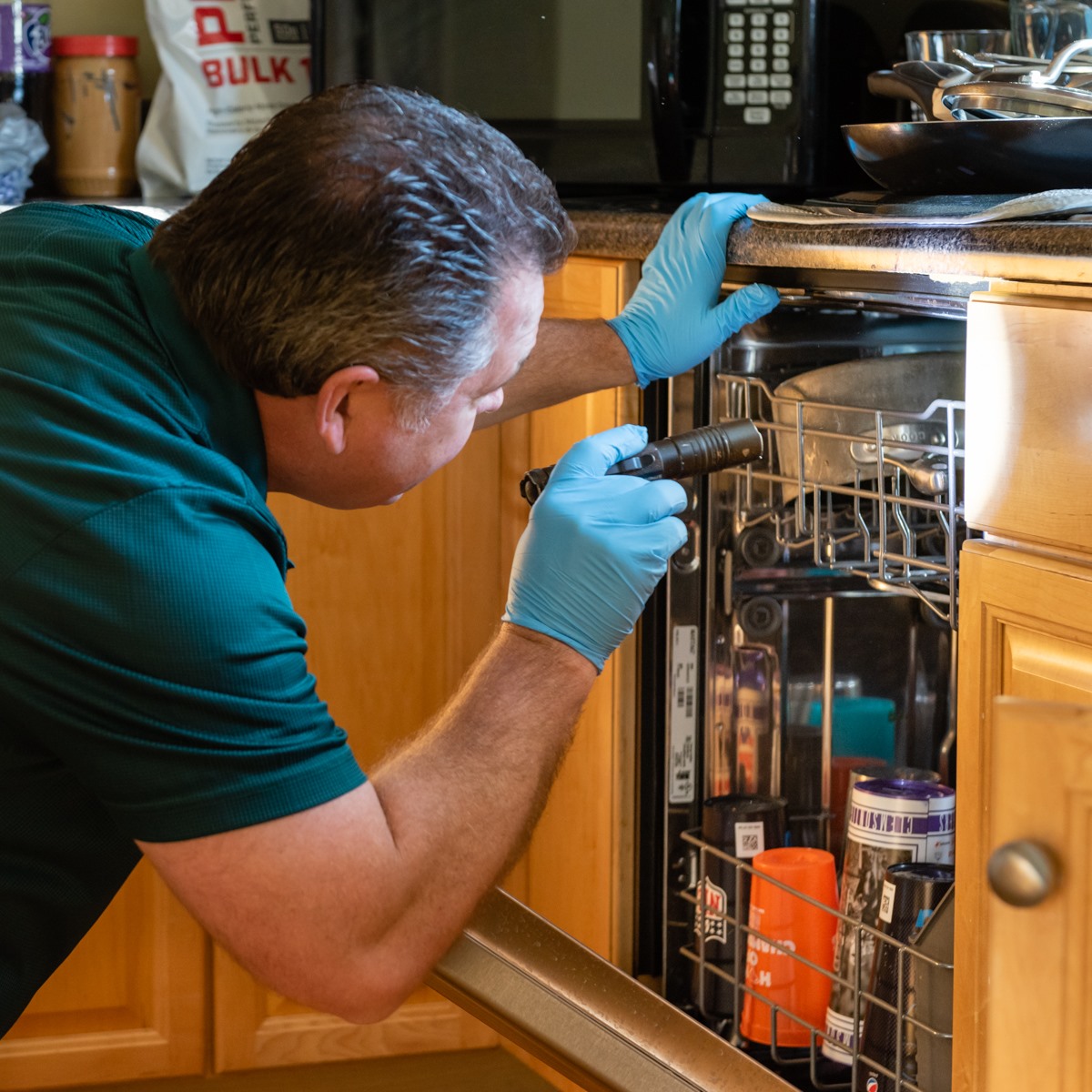

Pest Control in Greenville, SC
Effective Pest Solutions for South Carolina Homes & Businesses
With over 30 years of experience serving local residential and commercial properties, Greenville Pest Control is committed to providing safe, effective solutions for all of our customers’ pest control needs. As a family-owned and operated business, we take our job to keep you safe, healthy, and pest-free seriously.
Greenville Pest Control
Call (864) 271-7510 or contact our team online for a free estimate on our pest control services in Greenville. Se habla español.
Our Pest Control Services
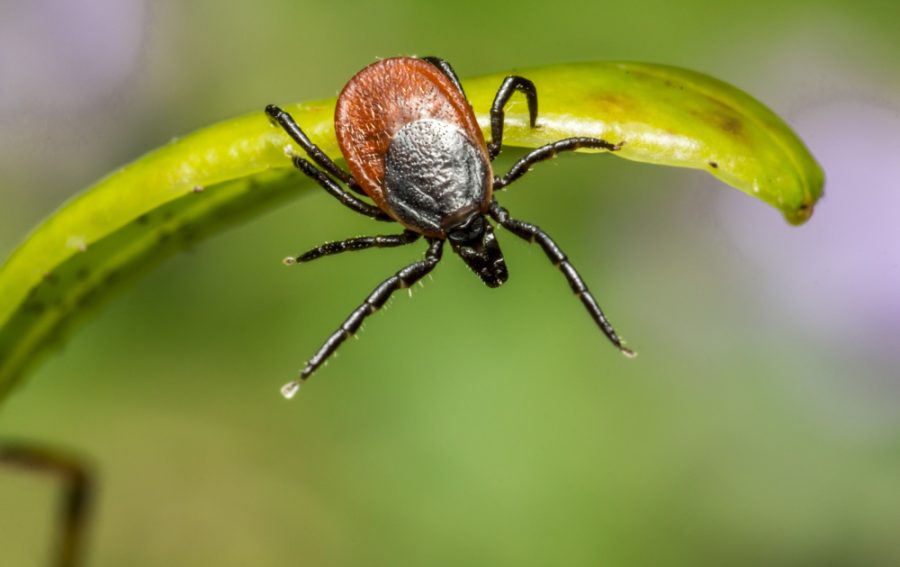
Fleas & Ticks
Fleas and ticks are both ectoparasites that feed solely on human and animal blood from outside of their bodies. Fleas are a type of insect and are brownish-red or dark brown.

Spiders
Common pests that live in our South Carolina yards and gardens, spiders are critters that most homeowners come into contact with regularly.
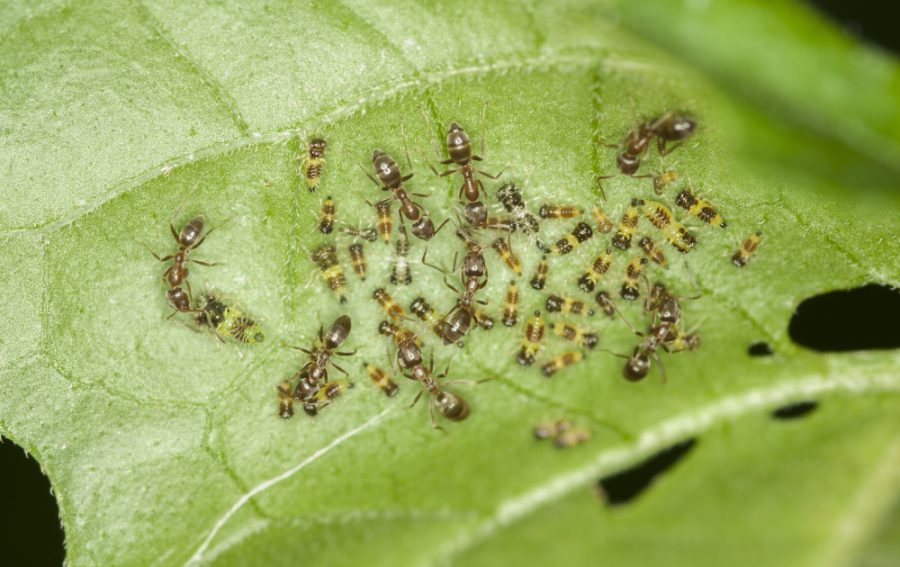
Ants
Ants are insects that live in large numbers across the world and are especially prevalent in tropical rainforests.
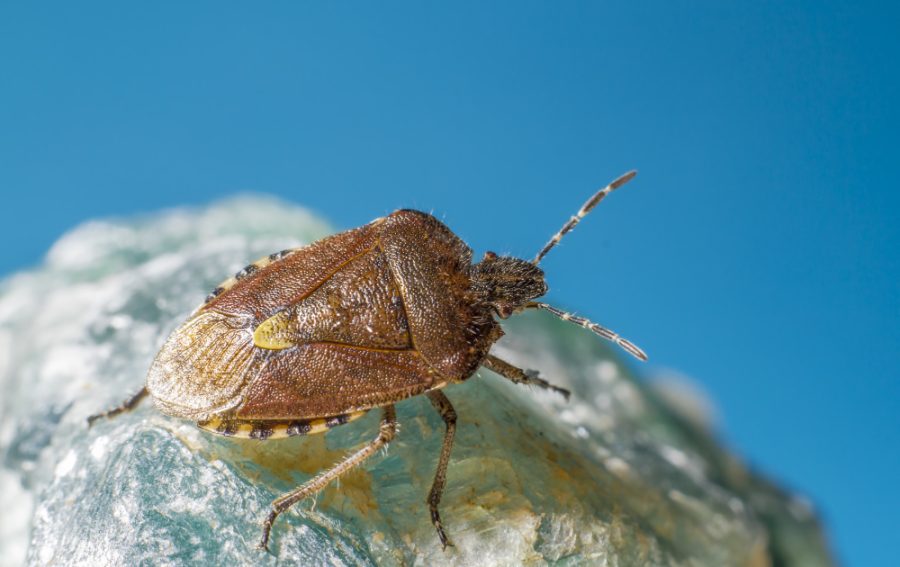
Bed Bugs
Bed bugs are small wingless insects that feed solely on human and animal blood, though people are their preferred hosts.

Termites
Subterranean termites are social insects that live and work together in large colonies, nesting under the ground.
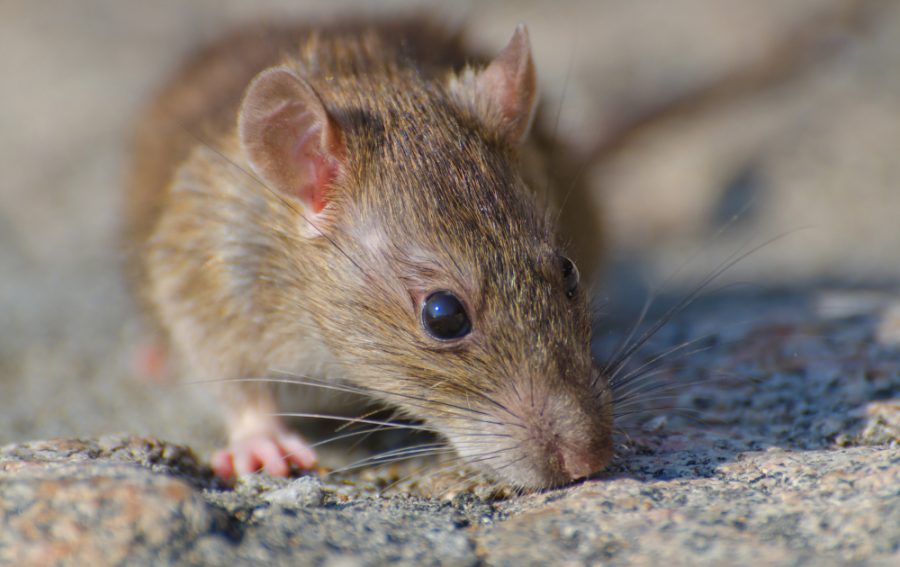
Rodents
Rodents are mammals that are identified by their large and ever-growing front incisors.
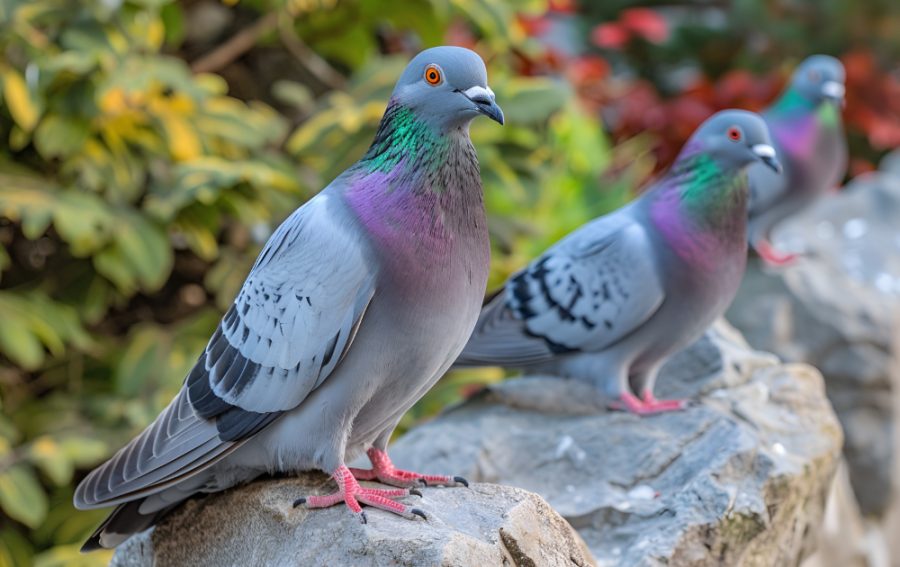
Birds
Warm-blooded vertebrates, birds have two legs and two wings, feathers covering their body, and a beak. Not all birds can fly,
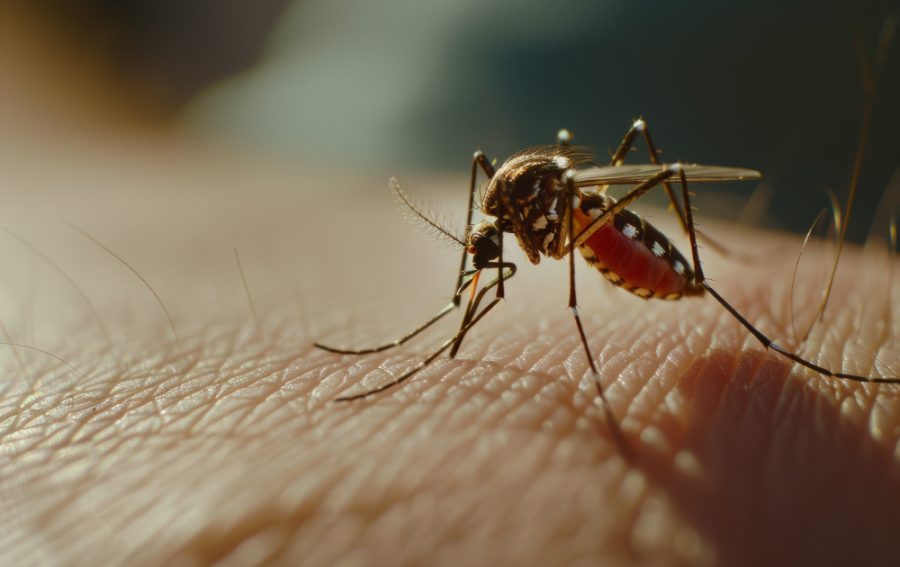
Mosquitoes
Mosquitoes are biting pests that maintain large populations throughout the late spring, summer, and early fall here in South Carolina.
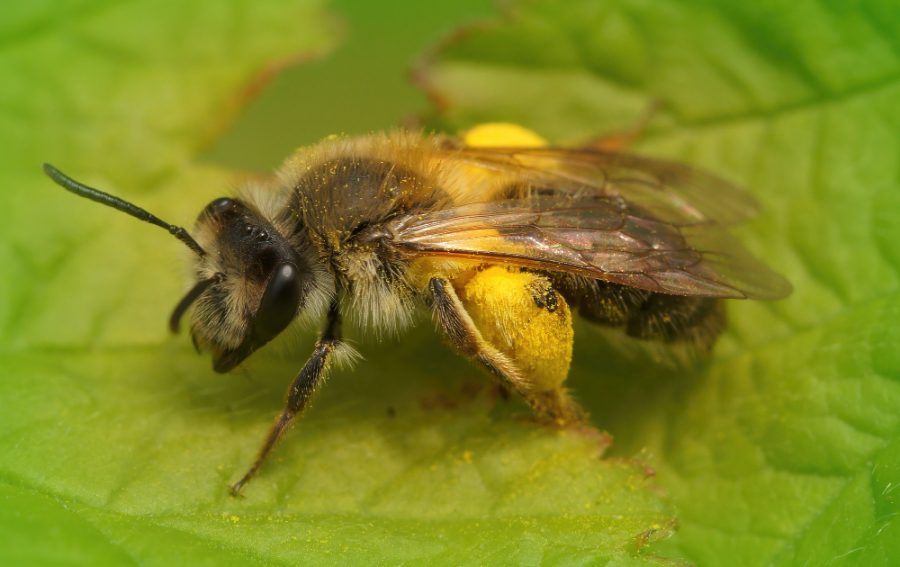
Stinging Insects
Stinging insects are helpful creatures when living outside in nature away from people, but when they find a way into our yards,
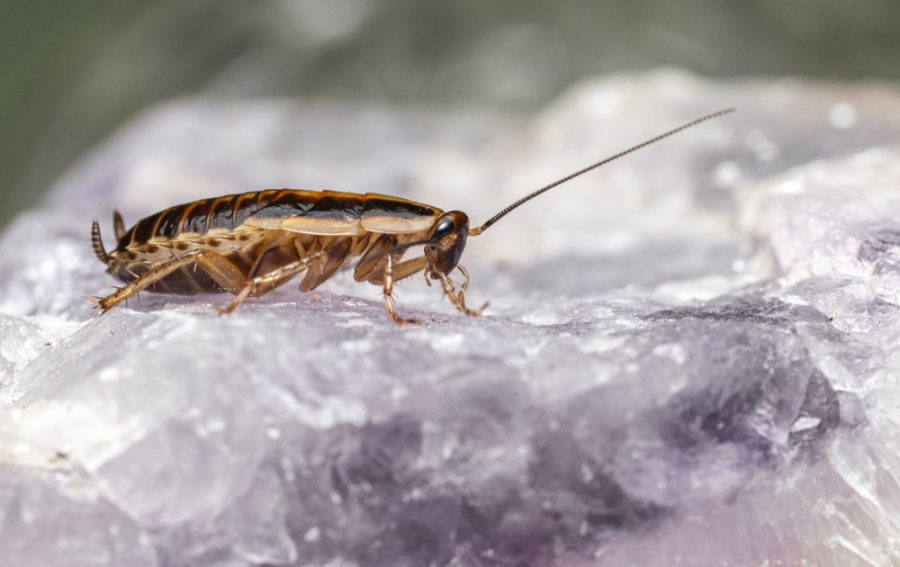
Cockroaches
Cockroaches are hearty insects that have withstood the test of time. Many species live worldwide,

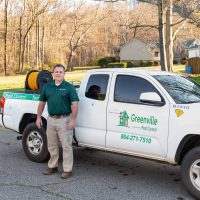
Why Choose Greenville Pest Control?
At Greenville Pest Control, we understand the stress that comes with a pest infestation. We also understand how important it is to choose a pest control company that provides effective services you’re comfortable with.
- Customized service: Before we begin any pest control treatments, we take the time to understand your needs so that we can provide you with the customized service you need to get the most effective results.
- Safety first: As a family-owned business, we care about the safety of your family and make it our top priority in every treatment we provide. You are in good hands with Greenville Pest Control.
- Locally owned and operated: Our family is well-known in the community which means our customers are our friends, neighbors, and family. We’ll always treat your property as if it were our own.
- Licensed and experienced technicians: In our more than 25 years of service, there is little we haven’t seen and solved. All of our licensed technicians use the latest technology and time-tested techniques for your peace of mind.
- Customized service: Before we begin any pest control treatments, we take the time to understand your needs so that we can provide you with the customized service you need to get the most effective results.
- Safety first: As a family-owned business, we care about the safety of your family and make it our top priority in every treatment we provide. You are in good hands with Greenville Pest Control.
- Locally owned and operated: Our family is well-known in the community which means our customers are our friends, neighbors, and family. We’ll always treat your property as if it were our own.
- Licensed and experienced technicians: In our more than 25 years of service, there is little we haven’t seen and solved. All of our licensed technicians use the latest technology and time-tested techniques for your peace of mind.
Our goal is to go above and beyond to ensure your safety and comfort in the face of a pest infestation.
Why Choose Greenville Pest Control?

Emergency Services Available
Don't sit around and wait for pest control services. We're here for you!

Licensed, Insured, Vetted Pros
Our team is fully licensed, insured, and vetted.

Get a 100% Free Estimate
Talk to our pest control team today during a free estimate.

We're a Spanish-Speaking Team
Work with a pest control technician who speaks your language.

Emergency Services Available
Don't sit around and wait for pest control services. We're here for you!
Licensed, Insured, Vetted Pros
Our team is fully licensed, insured, and vetted.

Get a 100% Free Estimate
Talk to our pest control team today during a free estimate.

We're a Spanish-Speaking Team
Work with a pest control technician who speaks your language.


Comprehensive Pest Control Solutions
Integrated pest management (IPM) combines a comprehensive approach that targets pests and their habitats. In addition to our safe and effective chemical treatments and natural products, we seek out and eliminate food and water sources to help keep infestations from returning. This means that every service is customized to your unique property and designed for long-lasting protection.
Whether you need a quick solution for a bird, rodent, or other animal control issue or you are interested in our proactive recurring solutions that come with free re-services, when needed, we can help. Whether it’s bed bugs, cockroaches, termites, or mosquitoes, trust Greenville Pest Control.
Contact our team today! We offer same-day and emergency services for your convenience.
$50 Off
Initial Treatment When You Sign Up For Annual Plan
- *New Customers Only

Refer a Friend
for $25 OFF Next Service
- *No limit on referrals
- *Account must be in good standing

Save on Premium Pest Control Services Today!
Folks Love Greenville Pest Control
Trustindex verifies that the original source of the review is Google. Kevin did an amazing job and even made recommendations to keep my clients and me from dealing with extra pest control problems in the future.Trustindex verifies that the original source of the review is Google. Great family owned company. Adam and his dad Daniel were amazing. Would definitely recommend!Trustindex verifies that the original source of the review is Google. Greenville Pest Control has been great for us. They spray inside, outside, and the detached garage. Since we have been a customer, we have been very satisfied with the service. We had issues with ants, cockroaches, and other bugs when we first moved in, and have had zero issues since service started. The technicians are very friendly and knowledgeable in pest control. The best part is they won’t try and upsell you on the services that you don’t need. They also have been able to come on short notice to deal any problems we have. I would highly recommend if you need pest control in the Greenville area.Trustindex verifies that the original source of the review is Google. The best in the business they are knowledgeable and quick to response and very fair reasonable pricing! Adam and Will both have great work ethic no job is a problem for them they will help you solve it! I will continue to use their services for many many years to come! Highly recommend!Trustindex verifies that the original source of the review is Google. Responsive and ready to help!Trustindex verifies that the original source of the review is Google. Will and Adam have been extremely consistent and thorough with their service since we began working together. After several failed experiences with other exterminator services, Greenville Pest Control was able to solve our rodent problem in a way that made us feel confident moving forward. Would recommend Greenville Pest Control to all our friends and neighbors!Trustindex verifies that the original source of the review is Google. I had a fantastic experience! Quick, reliable, and exceeded my expectations. Great quality and service every time. Highly recommend!Trustindex verifies that the original source of the review is Google. Excellent service! The team was professional, efficient, and made sure everything was done to perfection. Highly recommend for anyone looking for top-notch quality and customer care. Five stars all the way!



Our Greenville, SC Service Area
Serving the upstate area of South Carolina, Greenville Pest Control provides residential and commercial pest control solutions to thousands of satisfied customers. As a locally owned business, we understand our service area’s unique pest control needs because we live here too. To see if your city is in our service area, please check the list below. If you don’t see your town included, contact us to see if we can still offer our assistance.
Stay Up to Date
Latest Pest Control Tips & Tricks
Browse through our blog to read our most recent posts and featured articles.

How to Identify and Prevent Pantry Pest Infestations in Your Home
Food storage areas are a frequent target for unwanted pests. From moths to beetles, pantry invaders are not just unpleasant to discover; they can contaminate entire supplies of dry goods and lead to recurring infestations. Understanding how pantry pest infestation starts, what signs to look for, and the best methods of prevention is essential for maintaining a safe and healthy kitchen environment. Because pantry pests tend to multiply discreetly, many homeowners don’t realize they have a problem until it’s already widespread. These insects are excellent at hiding within packaging, and some may even be brought into the home inside sealed products. A proactive approach to detection and prevention is key to stopping these pests before they become a costly nuisance. Common Types of Pantry Pests There are several insect species that can infiltrate pantries and food storage zones, each with unique behaviors but similar feeding habits. The most frequently encountered pantry pests include: These pests typically lay their eggs in or around food products, and larvae feed undisturbed for weeks before emerging as adults. If left unaddressed, a single contaminated package can lead to a widespread pest infestation throughout your kitchen. Warning Signs to Watch For The earlier you detect pantry pests, the easier it is to contain and eliminate them. Homeowners should regularly inspect food storage areas and containers, especially if something seems off with texture, smell, or appearance. Be alert for these indicators: While these signs may seem minor, they often point to a more extensive problem. In some cases, pantry pests may spread to adjacent rooms or contaminate pet food and non-food items. For more insights on detecting hidden pest activity, refer to this article on what it takes to get rid of cockroaches, which shares helpful visual cues that can also apply to pantry infestations. Prevention Tactics for Food Safety A few preventive practices can significantly reduce the risk of a pantry pest infestation. Incorporating routine inspections and hygiene habits into your food storage system will help ensure your home remains pest-free. Consider the following strategies: These basic steps go a long way in keeping your pantry secure. While no system is completely foolproof, consistency in food hygiene and monitoring will help reduce exposure to pest risks. Why Professional Insight Matters While good habits and regular cleaning play a vital role in prevention, an established pest infestation requires more than just tossing a few contaminated items. Pantry pests reproduce rapidly and often go unnoticed in their early stages. Without a professional inspection, it’s easy to overlook hidden breeding sites behind shelving, baseboards, or even inside walls. Experts can assess the full scope of the infestation and apply targeted treatments that are safe for food-handling areas. They can also identify contributing environmental factors like humidity levels or structural gaps that allow pests to thrive. By working with specialists, homeowners can avoid repeated infestations and preserve the integrity of their kitchen space long-term. For more ways to stay ahead of pest issues, this article on preventing pest problems before they start offers additional strategies that support a pest-resilient household. Pantry Protection Starts with Awareness Pantry pests may be small, but their impact on household health and food safety can be significant. By staying alert to early warning signs, implementing good storage habits, and seeking professional support when necessary, you can maintain control of your kitchen space and protect your family’s food. Keep Your Kitchen Safe and Pest-Free Ready to take action against pantry pests? For effective and reliable protection, reach out to Greenville Pest Control and ensure your home remains a pest-free zone from the pantry to the perimeter.

The Environmental Benefits of Professional Pest Control
The relationship between pest control and environmental protection is more interconnected than many people realize. While it might seem that pest management and ecological health are in conflict, professional pest control has evolved to become a critical part of sustainable home and community care. When done correctly, it can minimize harm to non-target species, reduce chemical overuse, and create long-term balance between humans and nature. With increasing awareness of environmental responsibility, more pest control companies are prioritizing integrated methods that not only remove pests but also protect the ecosystems that surround our homes. Whether addressing rodents, stinging insects, or nuisance birds, professionals are trained to use safe, targeted approaches that deliver results with minimal environmental impact. This article explores how professional pest control supports sustainability and why it remains a smarter alternative to improvised, at-home solutions. Reducing Overreliance on Chemicals One of the most significant environmental benefits of professional pest control is the careful and minimal use of pesticides. Many DIY treatments rely heavily on store-bought sprays and baits that often contain harsh chemicals. These are typically applied without proper knowledge of dosage, timing, or placement, leading to unnecessary exposure for non-target species, including pets, pollinators, and local wildlife. In contrast, licensed professionals use integrated pest management (IPM) practices. This approach emphasizes prevention, monitoring, and selective treatment, only applying chemical products when absolutely necessary. When they are used, they are applied in precise locations and quantities based on the pest biology and behavior. Professionals also have access to eco-friendly formulations that are designed to break down quickly in the environment, reducing long-term contamination. Through proper identification and targeted treatment, pest control experts can eliminate infestations without harming beneficial organisms or introducing harmful residues into local ecosystems. Protecting Beneficial Insects and Wildlife Not all insects are pests. In fact, many play essential roles in pollination, decomposition, and the food chain. Unfortunately, widespread chemical applications and indiscriminate DIY treatments often affect these helpful species. This can lead to unintended disruptions in local biodiversity, including the decline of bee populations, butterfly activity, and predator insects like ladybugs and dragonflies. Professional pest control takes the surrounding ecosystem into account when implementing treatment plans. For example, when dealing with bees, hornets, or wasps, experts are trained to distinguish between nuisance stingers and protected pollinators. Understanding how to manage these populations safely is critical, especially around homes and gardens. For more insight, explore tips on dealing with stinging insects safely in residential areas. Preventing Damage to Structures and Habitats While pests can be destructive indoors, they also pose a risk to natural and built environments when left uncontrolled. Rodents, for example, can damage insulation, wiring, and structural materials. Outdoors, they may disturb nesting birds, burrow into soil around foundations, and contaminate water sources. Invasive bird species like pigeons or starlings may displace native birds or cause sanitation issues with their droppings. Professional pest control provides a long-term solution to these challenges by addressing pest populations in a way that minimizes habitat disruption. Their work often involves exclusion techniques that reinforce homes without harming wildlife. This might include sealing entry points, installing mesh over vents, or cleaning up attractants that draw animals into residential areas. The goal is to create a barrier between the home and the pest without altering or damaging the larger ecosystem. You can learn more about these concerns in this guide to understanding nuisance birds, which explains how to strike a healthy balance with nature. Environmentally Responsible Strategies Used by Professionals Professionals are trained in environmentally conscious strategies that reduce the need for repeat treatments and prioritize long-term outcomes. These methods are rooted in science and sustainability, offering homeowners a way to manage pest issues while being good stewards of the environment. Why Sustainable Pest Control Starts with Expertise The effectiveness and environmental responsibility of pest control depend heavily on expertise. Without proper training, even well-intentioned efforts can cause harm. Using the wrong product, treating the wrong species, or failing to follow up properly often leads to recurring infestations and unnecessary exposure to chemicals. Pest control professionals are equipped not just with better tools but with a deeper understanding of how to identify pests, assess contributing factors, and choose treatments that solve the problem while protecting surrounding life. They also help homeowners make informed choices about maintenance, sanitation, and prevention that reduce the need for future intervention. When pest management is handled by those who understand its environmental impact, the result is a healthier home and a healthier ecosystem. This makes professional service not only more effective, but also the more responsible choice for those who care about their environmental footprint. Partnering with Greenville Pest Control Responsible pest control should protect your home without harming the planet. If you’re looking for effective, sustainable solutions backed by science and care, reach out to our team at Greenville Pest Control to schedule an expert inspection and customized treatment plan.

Tips for Preventing Pest Problems Before They Start
Pest problems rarely start with a sudden invasion. Most infestations develop gradually, often going unnoticed until pests have already settled in. By the time obvious signs like droppings, damaged food packaging, or scratching sounds appear, pests are usually well-established. The most effective way to avoid this is by adopting a proactive approach to pest control. Preventing pest problems before they start means addressing the conditions that attract pests, blocking their entry points, and making your home less accommodating. A pest-free home requires awareness, consistency, and expert guidance. This article outlines professional strategies to help you protect your space from unwanted guests throughout the year. Block Pest Entry Points Early One of the most important steps in preventing pest problems is securing the perimeter of your home. Pests often enter through small, overlooked gaps in foundations, vents, siding, or around pipes. Sealing these openings significantly reduces the chances of an infestation taking hold. These simple fixes make it far more difficult for pests like rodents, cockroaches, and ants to enter in the first place. This blog post on sealing entry points goes into further detail about how small gaps can quickly lead to larger problems. Maintain a Clean and Uncluttered Living Space Cleanliness is more than a matter of hygiene when it comes to pest prevention. Pests are drawn to cluttered environments where food, water, and shelter are easy to find. Eliminating attractants inside the home is a key part of any prevention plan. By making your living space less accessible to pests, you reduce the odds of attracting them in the first place. A clean home also allows you to spot early warning signs before an infestation spreads. Address Moisture and Drainage Issues Moisture is one of the most overlooked contributors to pest problems. Many insects and rodents are drawn to areas with high humidity or standing water, which offer ideal conditions for nesting and reproduction. Preventing pest problems includes keeping your home dry, ventilated, and free of water buildup. When moisture is eliminated, pests such as termites, ants, and silverfish are far less likely to thrive. This type of prevention helps protect both your health and your property. Monitor Outdoor Areas That May Invite Pests Your yard and exterior property play a major role in determining whether pests are likely to target your home. Outdoor clutter, overgrown landscaping, and poor sanitation create the perfect environment for pests to breed and eventually find their way indoors. Many pest problems begin outside before becoming visible indoors. Being proactive with landscaping and yard maintenance will reduce the risk of pests migrating into your home. Recognize When Professional Help Is Necessary Even with the best prevention efforts, pests can sometimes find their way in. Early signs like droppings, damage to insulation or packaging, and unexplained noises in the walls may indicate an emerging problem that needs expert attention. This is especially true for more difficult invaders like rodents. When pest activity is suspected, seeking professional inspection and treatment ensures the problem is identified and addressed before it escalates. Experts have the tools and training to locate hidden nests and apply safe, targeted control methods. For rodent concerns specifically, this rodent control guide explains what to expect from professional solutions.Pests are opportunistic and will take advantage of any condition that makes entry or survival easier. The best way to stay ahead of infestations is by being proactive. Focus on sealing access points, removing attractants, addressing moisture issues, and maintaining your property both inside and out. If you’re looking for long-term prevention and peace of mind, contact Greenville Pest Control for expert evaluation and tailored pest protection.
Contact Us Today
We're here to help, whenever you need us.
Feel free to get in touch for any inquiries or assistance. We’re all ears when it comes to your pest problems.